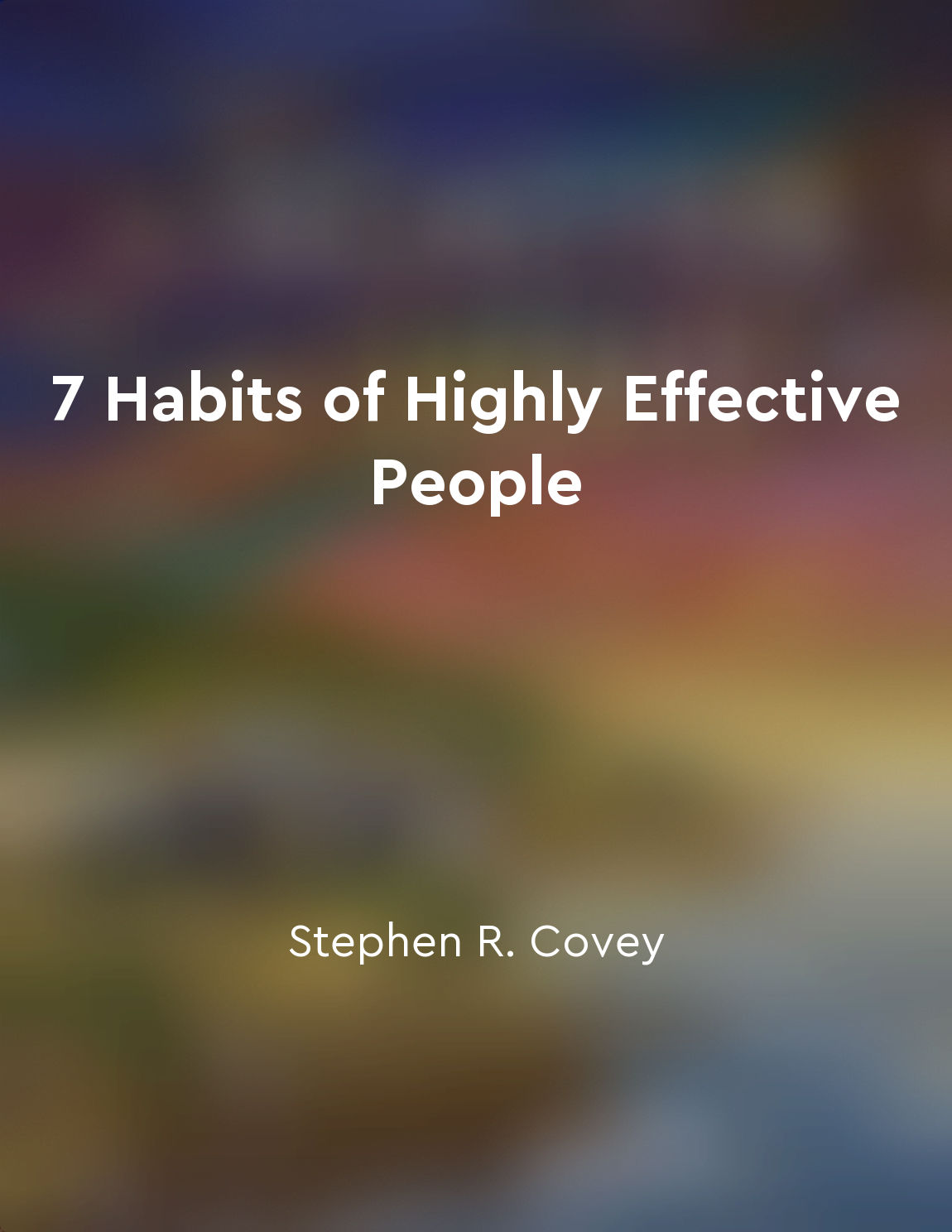Selfinterest drives human behavior from "summary" of A Treatise of Human Nature by David Hume
In examining human nature, it is evident that self-interest plays a fundamental role in driving human behavior. The desire for self-preservation and personal gain motivates individuals to act in ways that ultimately benefit themselves. This concept of self-interest is deeply ingrained in human psychology, shaping the way individuals perceive and interact with the world around them. When faced with choices, individuals are naturally inclined to prioritize their own well-being and happiness. This innate self-interest guides decision-making processes, prompting individuals to seek out opportunities that align with their personal desires and goals. In this sense, self-interest serves as a powerful force that drives human behavior, influencing actions and decisions at both conscious and subconscious levels. Moreover, self-interest is not limited to material gain or external rewards. It encompasses a wide range of motivations, including emotional fulfillment, social acceptance, and personal satisfaction. Individuals may act in ways that benefit themselves psychologically or emotionally, even if there is no tangible or immediate benefit to be gained. This multifaceted nature of self-interest underscores its pervasive influence on human behavior. Furthermore, the concept of self-interest extends beyond individual actions to shape social dynamics and relationships. Interactions between individuals are often driven by mutual self-interest, as each party seeks to maximize their own benefits while minimizing potential costs. This give-and-take dynamic is a fundamental aspect of human social behavior, reflecting the underlying motivation for self-preservation and personal gain.- Self-interest is a central driving force behind human behavior, shaping the way individuals think, feel, and act in various situations. This concept underscores the fundamental role of personal motivations and desires in guiding human actions and decisions. By recognizing the influence of self-interest, we can gain a deeper understanding of human nature and the complex interplay of individual and social dynamics.
Similar Posts
Stoic virtues can enhance our emotional wellbeing
The Stoics believed that the cultivation of certain virtues could lead to emotional wellbeing. These virtues, including wisdom,...
Transactional analysis can reveal subconscious motivations
When we delve into the world of transactional analysis, we uncover a treasure trove of insights into the human psyche. Through ...

Foster positive relationships through cooperation
To truly foster positive relationships through cooperation, we must first understand the importance of interdependence. Interde...
Take time to reflect on your decisions
Reflecting on your decisions is a crucial step in the decision-making process. It allows you to pause and consider the potentia...
Desires are not hidden urges
When we speak of desires, we are not referring to some mysterious inner force compelling us to act in certain ways. Desires are...
Practice forgiveness
In order to cultivate a life of authenticity and wholeheartedness, it is essential to embrace the concept of forgiveness. Forgi...
Embracing risk can lead to substantial rewards
Taking risks is an integral part of achieving wealth and success. In the world of business, playing it safe may seem like the p...
Engagement in activities leads to the feeling of happiness
To truly understand the concept that engaging in activities leads to the feeling of happiness, it is important to delve into th...
Prosocial behavior is voluntary behavior intended to benefit others
Prosocial behavior is defined as voluntary actions taken with the intention of benefiting others. This type of behavior encompa...
It is essential to examine our attitudes and beliefs surrounding work, sex, and money
When we look deeply into our attitudes and beliefs surrounding work, sex, and money, we uncover layers of conditioning that hav...

